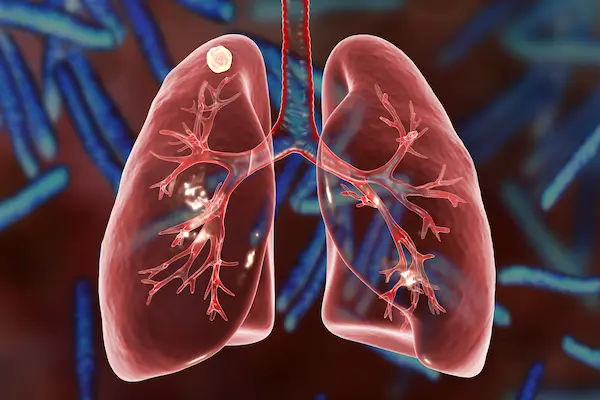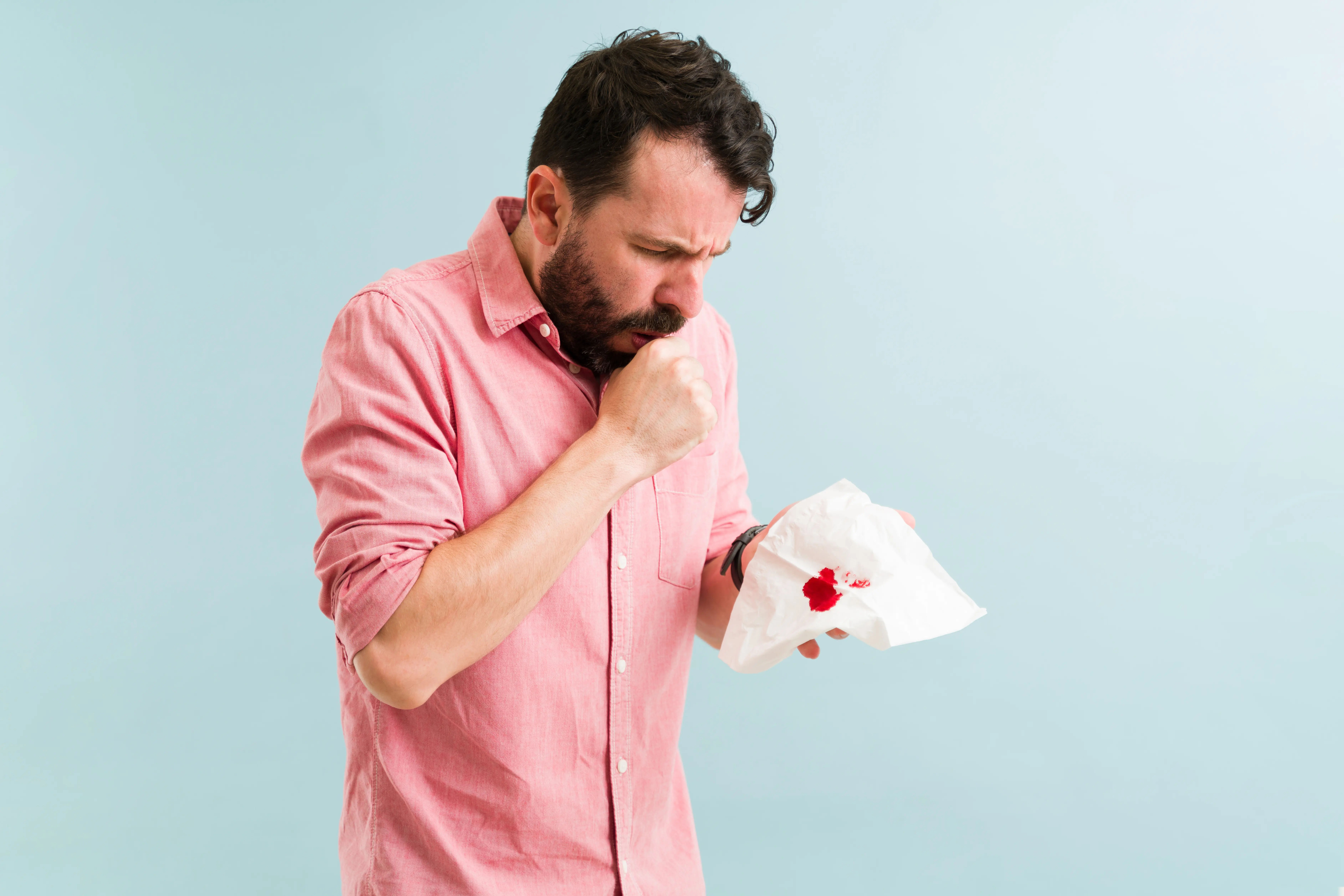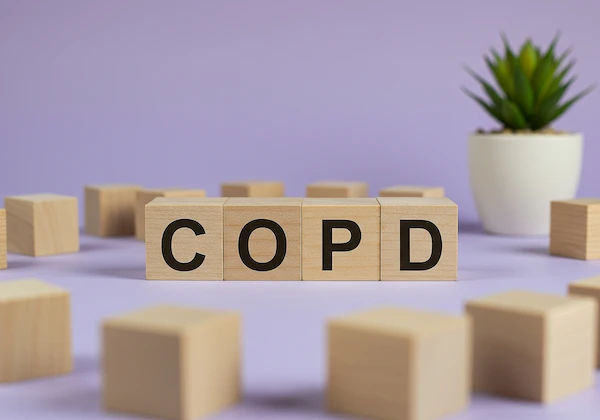- female
- 40 Years
- 01/04/2021
How can I check my breathing at home?
Answered by 1 Apollo Doctors
You may check breathing or oxygenation level by "Pulse Oximeter" which gives indirect clue on lung damage but keep in mind there are other medical conditions which may affect pulse oximeter readings.
Dr. Anshul Suggests...
Consult a Pulmonology Respiratory Medicine Specialist
Answered 04/07/2025
0
0


Ask Apollo
AI powered Health Chatbot
-
Breathing Check at Home: a. Count Respirations: Sit comfortably, place a hand on your chest, and count breaths for 1 minute. b. Use a Timer: Ensure accurate timing for counting breaths. c. Normal Rate: Adults typically have 12-20 breaths per minute.
-
Monitor Symptoms: a. Look for Difficulty: Note any shortness of breath or wheezing. b. Check for Discomfort: Be aware of any chest pain or tightness.
-
Tools: a. Pulse Oximeter: Consider using one to measure oxygen saturation. b. Smartphone Apps: Some apps can help track breathing patterns.
-
Seek Medical Advice: a. Persistent Issues: Consult a healthcare provider if breathing problems persist.
Answered 20/08/2025
0
0
More Pulmonology/ Respiratory Medicine Health Queries
View allI'm really worried about my husband. He's been dealing with cold and cough for the last few days and is on medication, but he's passed out twice while coughing. Is this something to be concerned about? Is it curable? I'm hoping it's not something serious or life-threatening. What should we do?
Thats unusual and needs evaluation,visit Physician for the same and appropriate management
Answered by 1 Apollo Doctors
I'm really worried about my brother. We're from Pakistan and he's been diagnosed with acute lung fibrosis. Even the doctors at Sheikh Zayed Hospital can't figure out the cause. We've done all kinds of tests at the top hospitals here, but we're still in the dark. I'm wondering if there's any way to send his samples to one of the best lung and pulmonary hospitals in India for further testing? What do you think would be the best course of action?
Yes Visit Pulmonologist for evalaution and appropriate management
Answered by 1 Apollo Doctors
I've been feeling breathless while sleeping since my minor fracture surgery on my left leg at Nulife Hospital last week. During the operation, all my reports were clear. Any idea what's going on or what I should do about it?
pulmonary embolism due to surgery , do angio once
Answered by 1 Apollo Doctors
Disclaimer: Answers on Apollo 247 are not intended to replace your doctor advice. Always seek help of a professional doctor in case of an medical emergency or ailment.

 How do I use a pulse oximeter at home?
How do I use a pulse oximeter at home? 



